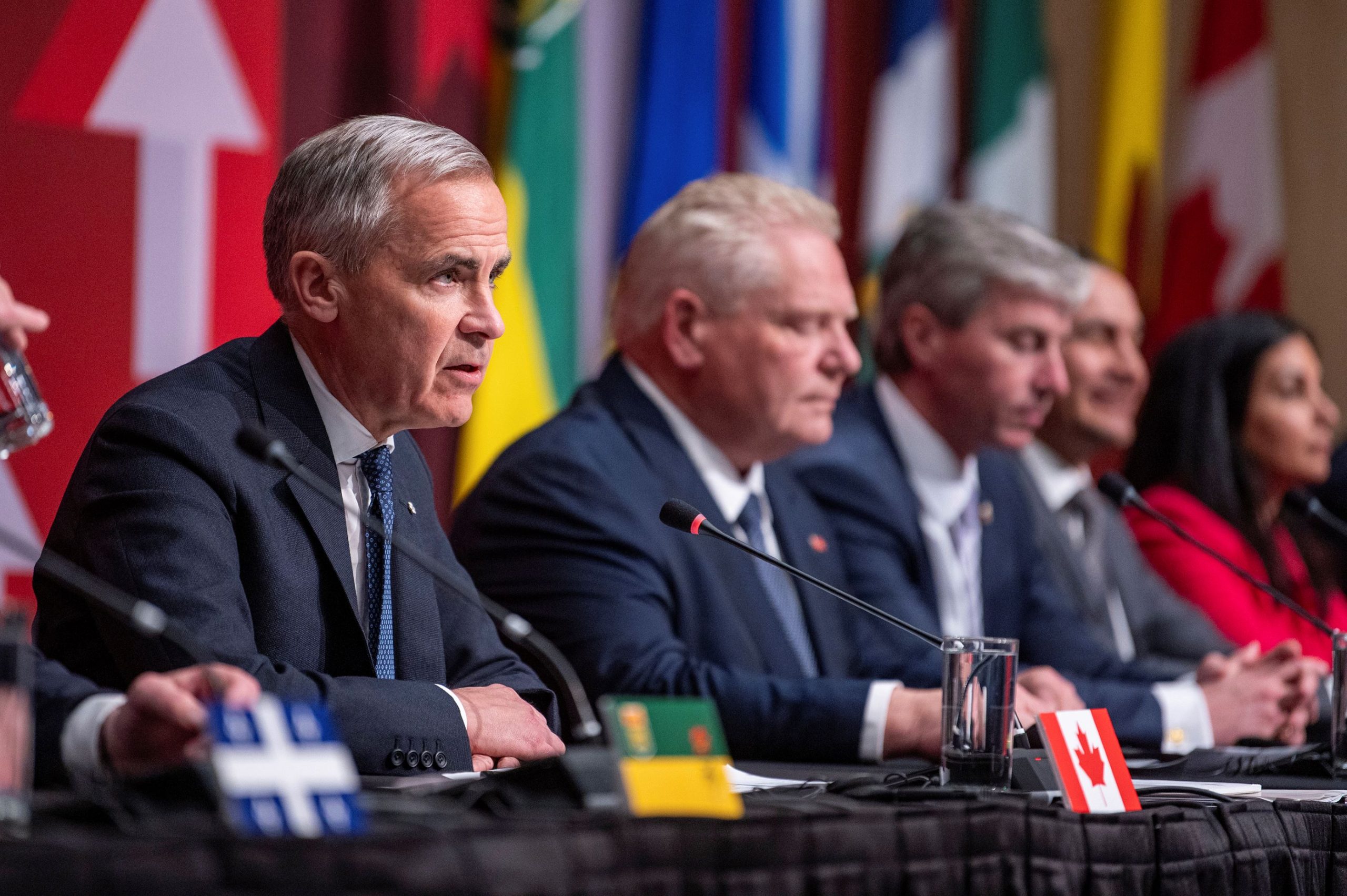When a country loses control, it doesn’t happen in a single headline. It happens in boardrooms, in quiet policy circles, in Davos-style panels where the cameras catch only polite smiles. I know, because I sat through more than a few of those meetings before realizing what they meant for Canada.
Carney’s rise looked, at first, like a national success story. The Ottawa-born banker who steadied Canada through the 2008 financial crisis became the face of competence. In 2013, London called—he became Governor of the Bank of England, the first non-Briton to hold the post. To the public, it was a patriotic export: a Canadian running one of the world’s oldest central banks. But inside the financial world, many of us saw it differently. It was the graduation of a loyal civil servant into the ranks of a global financial technocracy that answers to no flag.
At the Bank of England, Carney championed the post-crash consensus: quantitative easing, low interest rates, and stronger regulatory oversight. But the quiet cost was dependency. Canada’s economy mirrored that model—cheap credit, swelling real-estate prices, a generation trapped under household debt. When Carney returned home, he brought with him not just prestige but the ideology of transnational finance: stability at any cost, even if that cost is sovereignty.
His next move raised eyebrows among insiders. Carney joined Brookfield Asset Management, a Toronto-based firm managing hundreds of billions in global infrastructure, real estate, and renewable-energy assets. The company later shifted its head office to New York, chasing global capital and distancing itself from domestic constraints. To some of us who worked in policy circles, it looked like a symbol: even Canada’s biggest firms were declaring allegiance to the market, not the nation. Carney called it “global reach.” We called it relocation.
Meanwhile, his public persona evolved from central banker to statesman-in-waiting. Carney advised the UN on climate finance, co-chaired the Glasgow Financial Alliance for Net Zero (GFANZ), and positioned himself as a bridge between politics and banking. The rhetoric was noble—saving the planet through sustainable investment—but the mechanism was unmistakable. Climate policy would be driven by private capital. Regulations, incentives, and entire national budgets would align around “net-zero finance” targets set by global coalitions. For many Canadians, that meant our energy policy—our national wealth—would now be benchmarked by bankers, not voters.
When Carney began appearing at Liberal Party events and hinting at a political future, insiders whispered that the next prime minister might not be chosen by citizens alone. His speeches carried the language of coordination: “global frameworks,” “financial resilience,” “just transition.” Words that sounded harmless until you realized they were policy commitments negotiated outside Parliament.
By 2024, Carney’s influence stretched from Bay Street to Brussels. He sat on international boards, advised governments, and remained a trusted voice to the same institutions that helped shape the rules of the post-2008 world. That web of affiliations—IMF panels, UN task forces, central-bank networks—wasn’t a conspiracy. It was simply how modern power works: distributed, unelected, quietly binding. But to those of us who once believed in an independent Canadian policy sphere, it felt like surrender by a thousand memos.
Carney’s defenders say he’s the best of Canada: smart, disciplined, globally respected. That’s true. But it’s also why he’s dangerous. The trust he commands shields him from scrutiny. His climate-finance agenda intertwines moral urgency with market opportunity. His economic language makes policy sound like arithmetic instead of ideology. Each speech about “transition” or “stability” carries the same subtext—decisions too important for ordinary voters.
The irony is that Carney doesn’t need to betray Canada in the literal sense. The betrayal lies in normalization. Under his model, central banks and financial alliances quietly take over roles once held by elected officials. Monetary policy defines fiscal limits; climate finance dictates industrial policy; international standards replace national debate. Sovereignty doesn’t collapse; it drifts.
I watched colleagues rationalize it—“This is globalization; this is progress.” Maybe. But when foreign rating agencies shape your housing market, when your resource policies answer to investment indexes, when your national leader-in-waiting comes pre-approved by the City of London, you’re no longer steering your own ship.
Canada didn’t need an invader to lose control. It just needed a technocrat with impeccable manners, global friends, and the quiet confidence that he knew better than the people he served.










